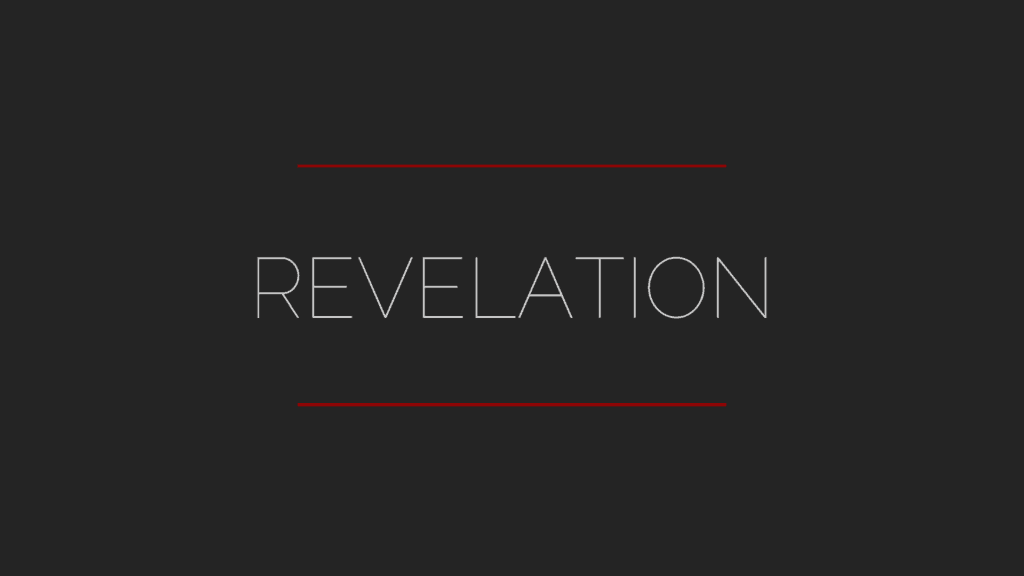What drives your life? What are you in pursuit of? And what will that result in when your life is over? These are the questions I asked my students to wrestle with during our study of Philippians, but these are not just questions for students. These are questions all of us should ask ourselves. Consider Paul’s statement in Philippians 1:21.
“For me, to live is Christ and to die is gain.”
Fill In The Blank
Tony Merida, founding pastor of Imago Dei Church and Associate Professor of Preaching at Southeastern Baptist Theological Seminary, suggests taking “Christ” and “gain” out of Paul’s statement and filling in the blanks for ourselves. Give it some thought. How would you fill in the blank? “For me, to live is ________________.” Money? Family? A better job? A nicer house or car? A relationship? Power? Fame? What are you spending most of your time on and making most of your decisions in pursuit of?
I think one of the most difficult things to do here is to be honest with ourselves. Many of us know what the answer should be, but if we can manage to honestly evaluate our lives and the decisions we make, the real answer is often different. Let me encourage you to be honest. First, God already knows the real answer. Second, the only way to begin fixing a problem is to figure out what the problem is.
“For me, to live is __________________.”
What lives in your blank space?
Logical Ends
The next step, Merida teaches, is to take your first blank to its logical conclusion. “For me, to live is _________________ and to die is ___________________.” When death is applied to your first blank, what is the result? For example, if to live is money, then to die is to have no money. If to live is family, to die is to be separated from that family. If to live is a relationship or sexual gratification, to die is to be alone.
There is only one thing that can be placed in the first blank that will lead to a gain, not a loss, in the second blank. Christ. If to live here on Earth is to live in pursuit of Christ, the moment of death brings not separation from Christ, but union with Him. Not loss, but gain. In fact, the gain at the moment of death is so great that Paul told the Philippians he was “torn between the two.” He was torn between living and serving the church or departing to be in the presence of Christ.
As you evaluate your life and the decision you make daily, consider what your blanks lead to. Do they lead to loss or gain at the moment of death? If the thing you are pursuing and building your life around leads to loss, doesn’t it just make sense to exchange it for something that leads to gain? Many of the things listed above aren’t necessarily bad things, but they shouldn’t be the main things. Make Christ your first priority. Pursue Him above all things. Make Him your great desire so that your moment of death is not a time of loss, but a time of indescribable gain.
“He who learns to die daily while he lives will find it no difficulty to breathe out his soul for the last time.” -Charles Spurgeon






Leave a Reply